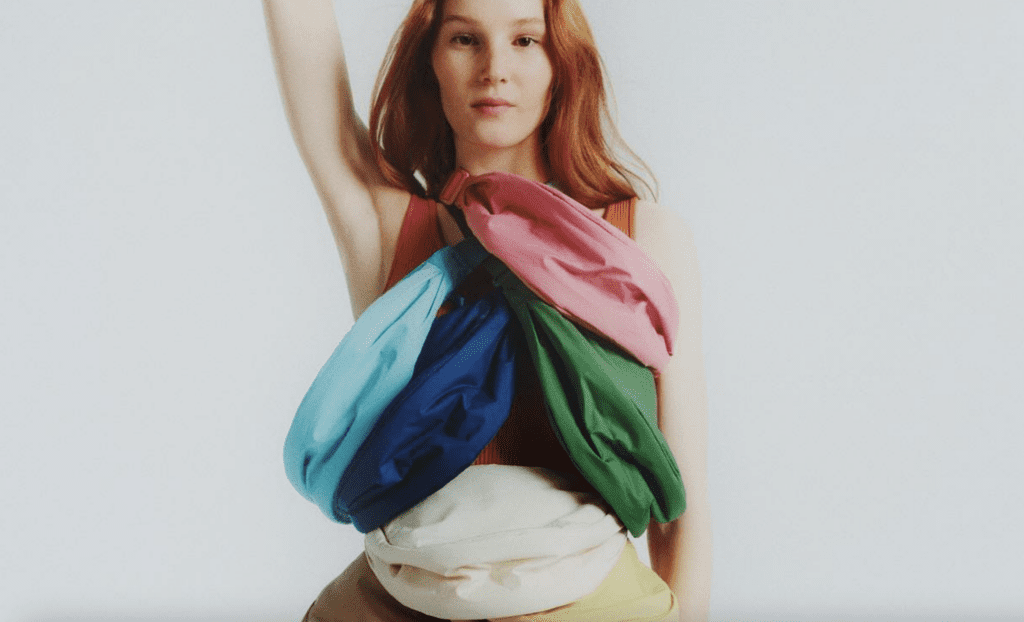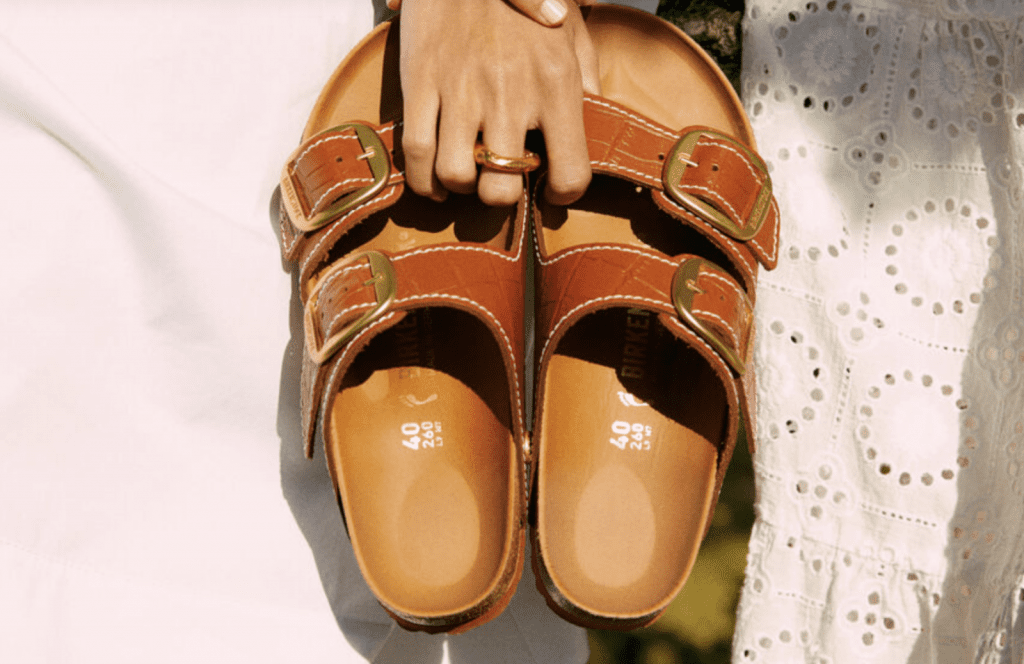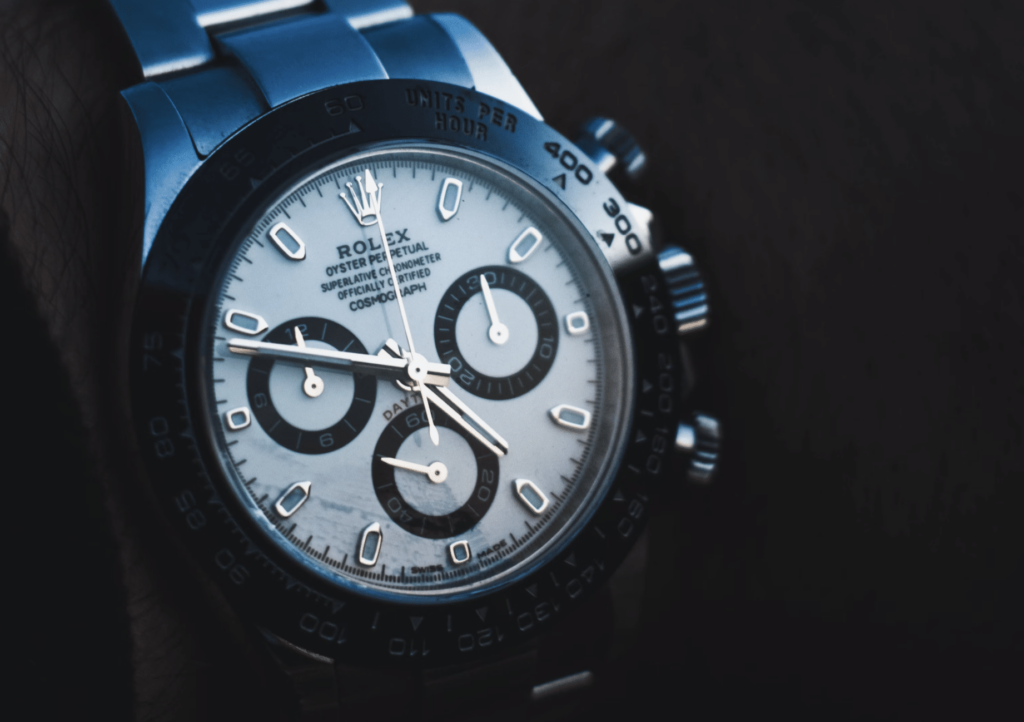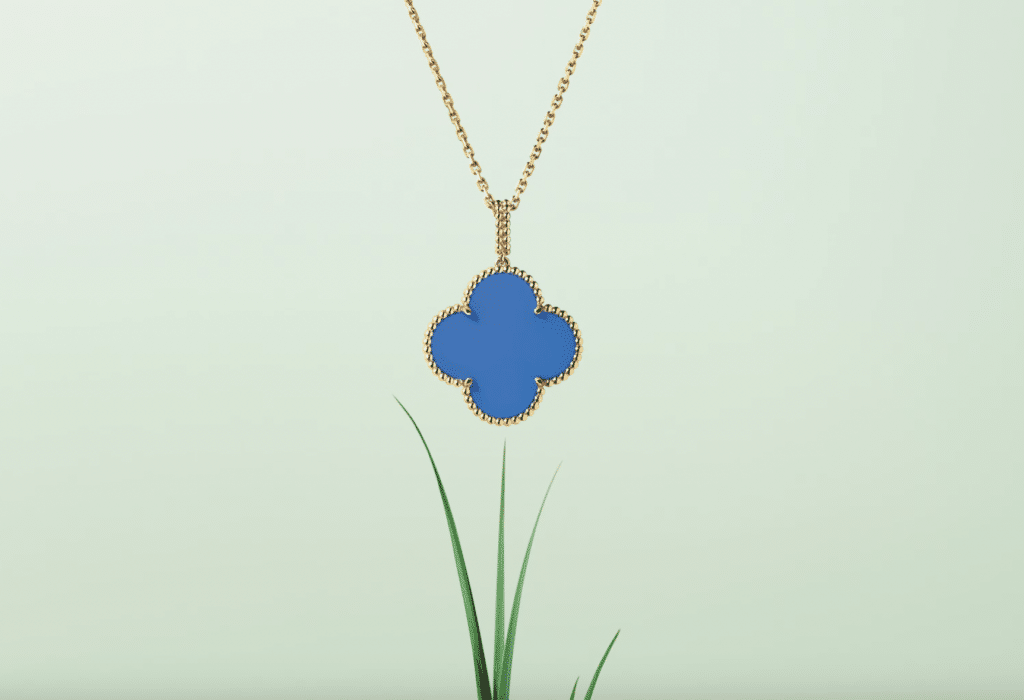Uniqlo is waging a lawsuit against Shein in Japan over its alleged sale of “imitation products,” namely, handbag styles that replicate Uniqlo’s hot-selling mini shoulder bag. According to the complaint that it lodged with the Tokyo District Court on December 28, Uniqlo claims that Roadget Business Pte, Fashion Choice Pte., and Shein Japan Co., three entities owned/operated by Shein, have co-opted the design of its Round Mini Shoulder bag, and as a result, Fast Retailing-owned Uniqlo is seeking injunctive relief to immediately bar the continued advertising and sale of the imitation products by Shein and “compensation for damages [that it has] incurred” as a result of sales to date.
Setting out a claim under the Unfair Competition Prevention Act, Uniqlo asserts that China-founded, Singapore-based Shein’s copycat bags replicate “the form” of its Round Mini Shoulder Bag. Mirroring the tenets of trade dress law in the United States, Japan’s Unfair Competition Prevention Act defines “form” (or configuration) as including “the external and internal shape of goods and the pattern, color, gloss, and texture combined with such shape, which may be perceived by” – or indicate source to – “consumers.” (Article 2 (1)(iii) of the Unfair Competition Prevention Law prohibits the unauthorized sale or other use of “goods which imitate the configuration of another person’s [product].”)
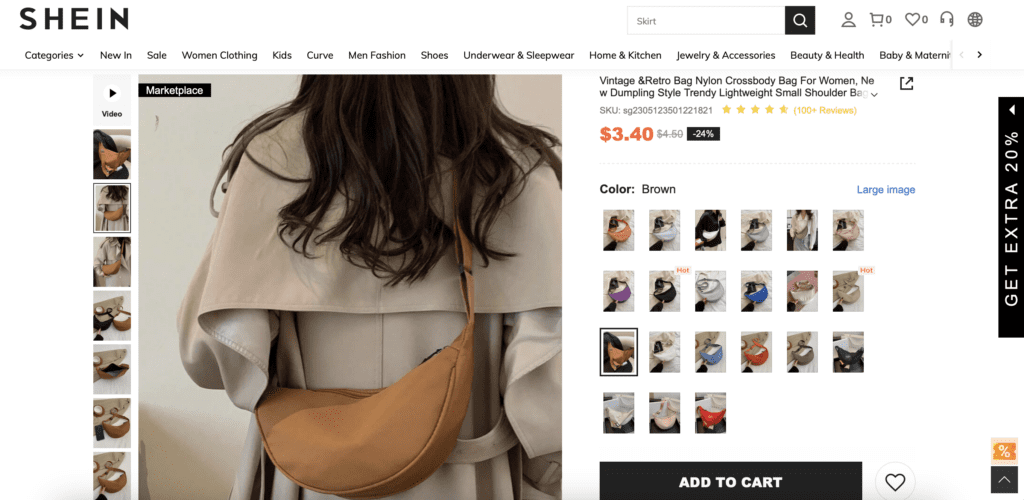
Similar to trademark statutes in the U.S., Japan’s Unfair Competition Prevention Act regulates infringement of trade secrets, unfair usage of a well-known sign, misleading representation regarding the place of origin, and imitation of the configuration of a third party’s product, among other related acts, and provides “measures for the prevention of, and compensation for damages from unfair competition, etc. in order to ensure fair competition.”
In addition to copying its product by way of confusingly similar bags of its own, Uniqlo also maintains that the sale of the imitation products by Shein, which is no stranger to infringement litigation, “significantly undermines the high level of customer confidence in the quality of the UNIQLO brand and its products.” (Article 2 of the Unfair Competition Prevention Act also prohibits the use of another’s trademark/trade dress in a way that is “likely to [be] misleading” to consumers with respect to the “quality” to the goods and presumably, the underlying brand, as a whole.)
In a statement on Tuesday, Fast Co. said that it “respects the intellectual property rights of its corporate group and other companies in its business activities, [and] takes a resolute stance against any act that infringes on its intellectual property and will take appropriate measures in response, including legal action.
Interestingly enough, Uniqlo’s crescent-shaped shoulder bag has garnered “it” bag status over the past year alongside the likes of luxury items despite its price tag of just 1,500 yen ($10.27) in Japan and less than $20 in the U.S. Fashion discovery platform Lyst named Uniqlo’s Round Mini Shoulder bag as the top bag in its 2023 Year in Fashion review, noting that it was Uniqlo’s “best-selling bag of all time” after “going viral through old-fashioned word-of-mouth, generating over 119 million views on TikTok and selling out multiple times across multiple color ways.” The case at hand seems to be a clear indication that ultra-fast fashion titans like Shein are not merely focusing on replicating luxury-level goods but that their artificial intelligence-powered algorithms (which are at the center of this lawsuit) are similarly identifying and suggesting the sale of “dupes” of the hottest-selling mass-market products, as well.
A couple of questions worth considering: First, there is the obvious one. Does Uniqlo have a leg to stand on in terms of showing that the configuration of the Round Mini Shoulder Bag is a distinctive product that consumers associate with it? And beyond that, will it take on Shein’s closest rival Temu, which is offering up a similar bag of its own, next?
A representative for Shein was not immediately available for comment.




